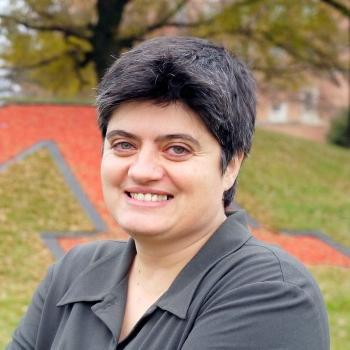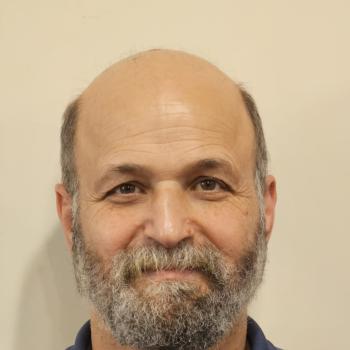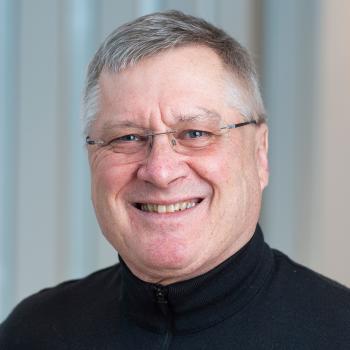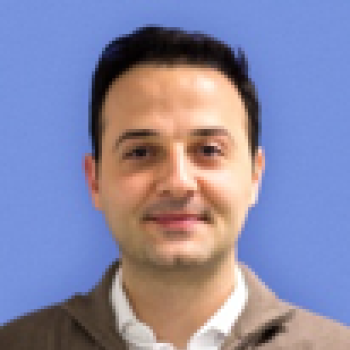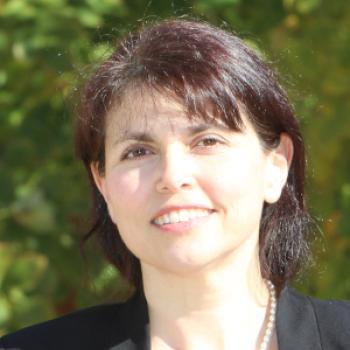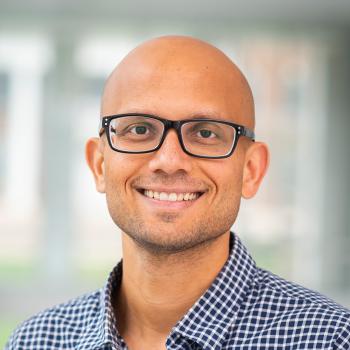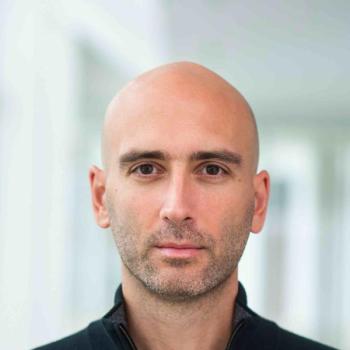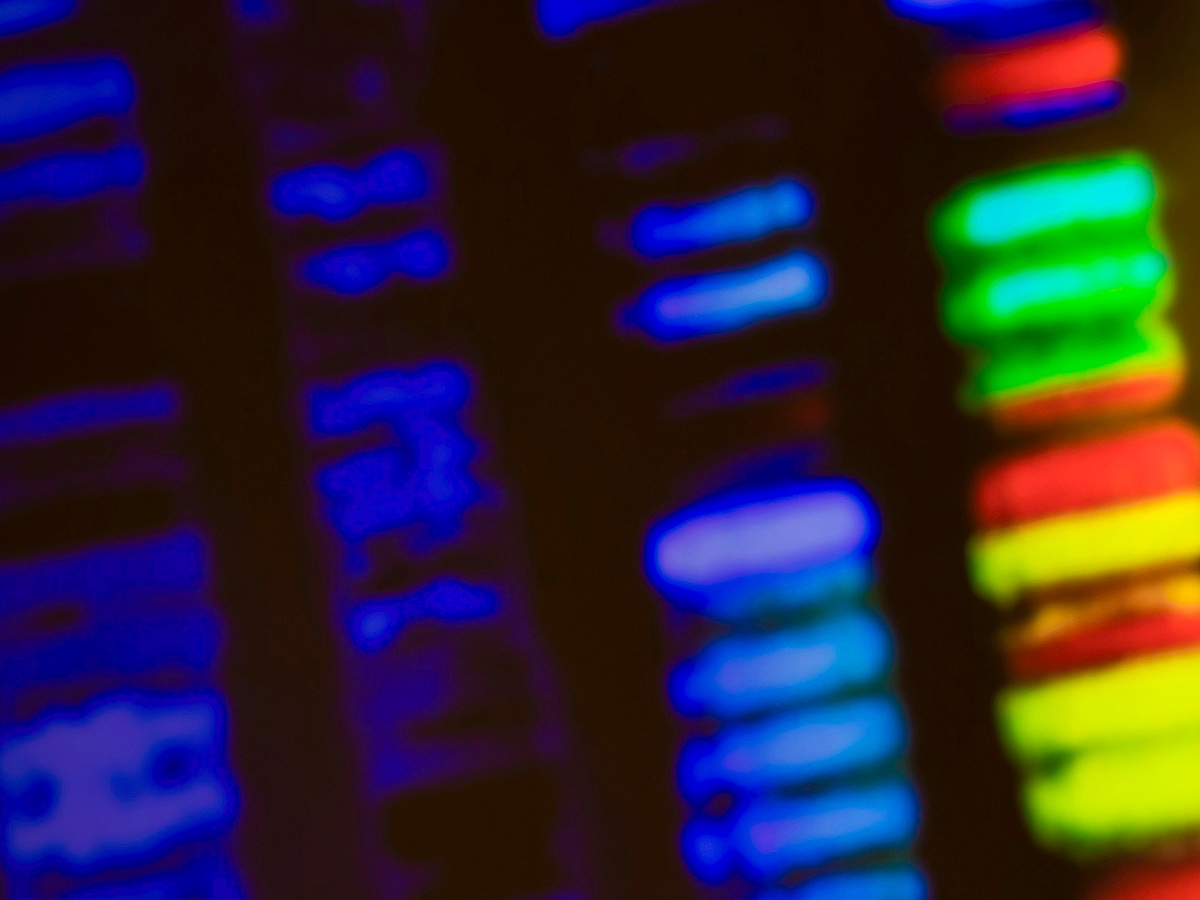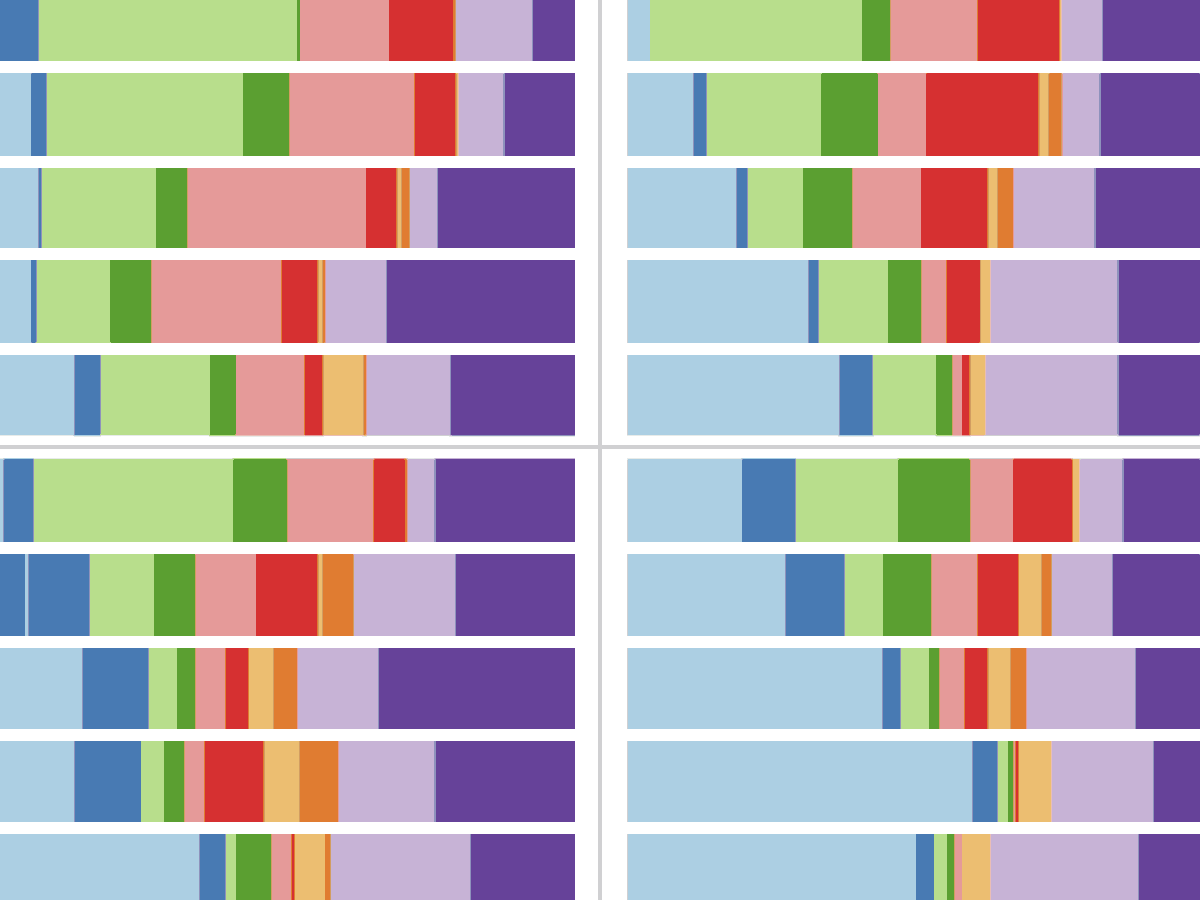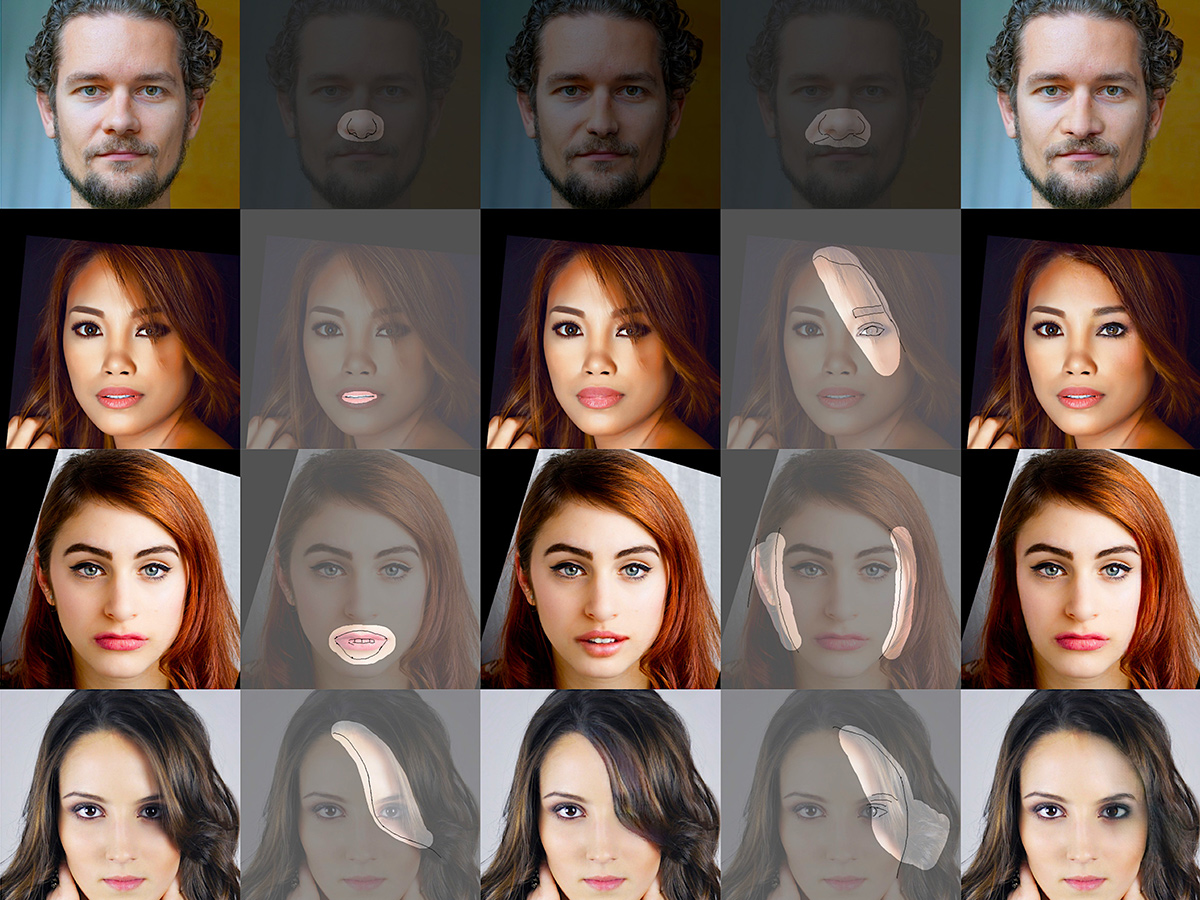The Master of Science in Quantum Computing is a 30-credit, 10-course, non-thesis graduate program that provides students with foundational, practical, and theoretical topics of quantum computing. Students discover current state-of-the-art quantum computing technology and areas of application, and explore origins, evolution, and possible future states of this technology. Experiential learning is at the core of the program and courses provide students with ample opportunities to apply concepts on current-day commercial quantum computing hardware.
The curriculum prepares students to apply the principles and techniques of quantum computing to the solution of a variety of problems in optimization, secure communications, encryption, materials discovery and any such problems that require considerable computing resources. Students develop quantum computing programs and implement them on quantum computing platforms. Students learn to differentiate the many technologies currently used to implement quantum computers and compare their intrinsic strengths and limitations. No prior knowledge in quantum physics or quantum computing is necessary.
This 30-credit graduate program that can be completed in less than two years. The program features in-person instruction. Classes meet in UMD College Park campus classrooms, offering a focused, distraction-free learning environment. The program is offered through the Science Academy in the College of Computer, Mathematical, and Natural Sciences. Instruction is provided by university faculty and experts in the field. Classes are held in the fall, spring, and summer terms, mostly in the evenings.
Application Deadline
Fall 2026
International Deadline: February 27, 2026
Domestic Deadline: May 29, 2026
Any student applying for admission to a graduate program at the University of Maryland must meet the following minimum admission criteria as established by the Graduate School.
- Earned a four-year baccalaureate degree from a regionally accredited U.S. institution, or an equivalent degree from a non-U.S. institution.
- Earned a 3.0 GPA (on a 4.0 scale) in all prior undergraduate and graduate coursework.
General Requirements:
- Statement of Purpose
- Transcript(s)
- TOEFL/IELTS/PTE (international graduate students)
Program-Specific Requirements:
- Graduate Record Examination (GRE) (optional)
- Resume/Curriculum vitae
- Description of research/work experience in engineering, mathematics, and natural sciences
- Prior coursework establishing quantitative ability (linear algebra and calculus required)
- Proficiency in programming languages, Python preferred, demonstrated either through prior programming coursework or substantial software development experience
No prior knowledge in quantum physics or quantum computing is necessary.
The MS in Quantum Computing is 30 credits and consists of 6 core courses and 4 electives. Special topics include quantum networks, quantum thermodynamics, quantum machine learning, quantum Monte Carlo, quantum information theory, and quantum computing hardware.
Sample Plan of Study (Part-time, 2 years)
Semester 1 (fall)
MSQC601 The Mathematics and Methods of Quantum Computing (core)
MSQC602 Physics of Quantum Devices (core)
Semester 2 (spring)
MSQC604 Quantum Computing Architectures and Algorithms (core)
MSQC606 NISQ Algorithms (core)
Semester 4 (fall)
MSQC605 Advanced Quantum Computing and Applications (core)
MSQC607 Advanced Topics in Quantum Computing (core)
Semester 5 (spring)
MSQC Elective
MSQC Elective
Semester 6 (fall)
MSQC Elective
MSQC Elective
Sample Plan of Study (Full-time)
Semester 1 (fall)
MSQC601 The Mathematics and Methods of Quantum Computing (core)
MSQC602 Physics of Quantum Devices (core)
MSQC Elective
Semester 2 (spring)
MSQC604 Quantum Computing Architectures and Algorithms (core)
MSQC606 NISQ Algorithms (core)
MSQC Elective
Semester 3 (fall)
MSQC605 Advanced Quantum Computing and Applications (core)
MSQC607 Advanced Topics in Quantum Computing (core)
MSQC Elective
Semester 4 (spring)
MSQC Elective
Possible electives include but are not limited to:
MSQC603: Principles of Machine Learning
MSQC 610: Quantum Machine Learning
MSQC 612: Quantum Computing Hardware
MSQC 615: Quantum Thermodynamics
Find up to date tuition and fee information for the MS in Quantum Computing.



